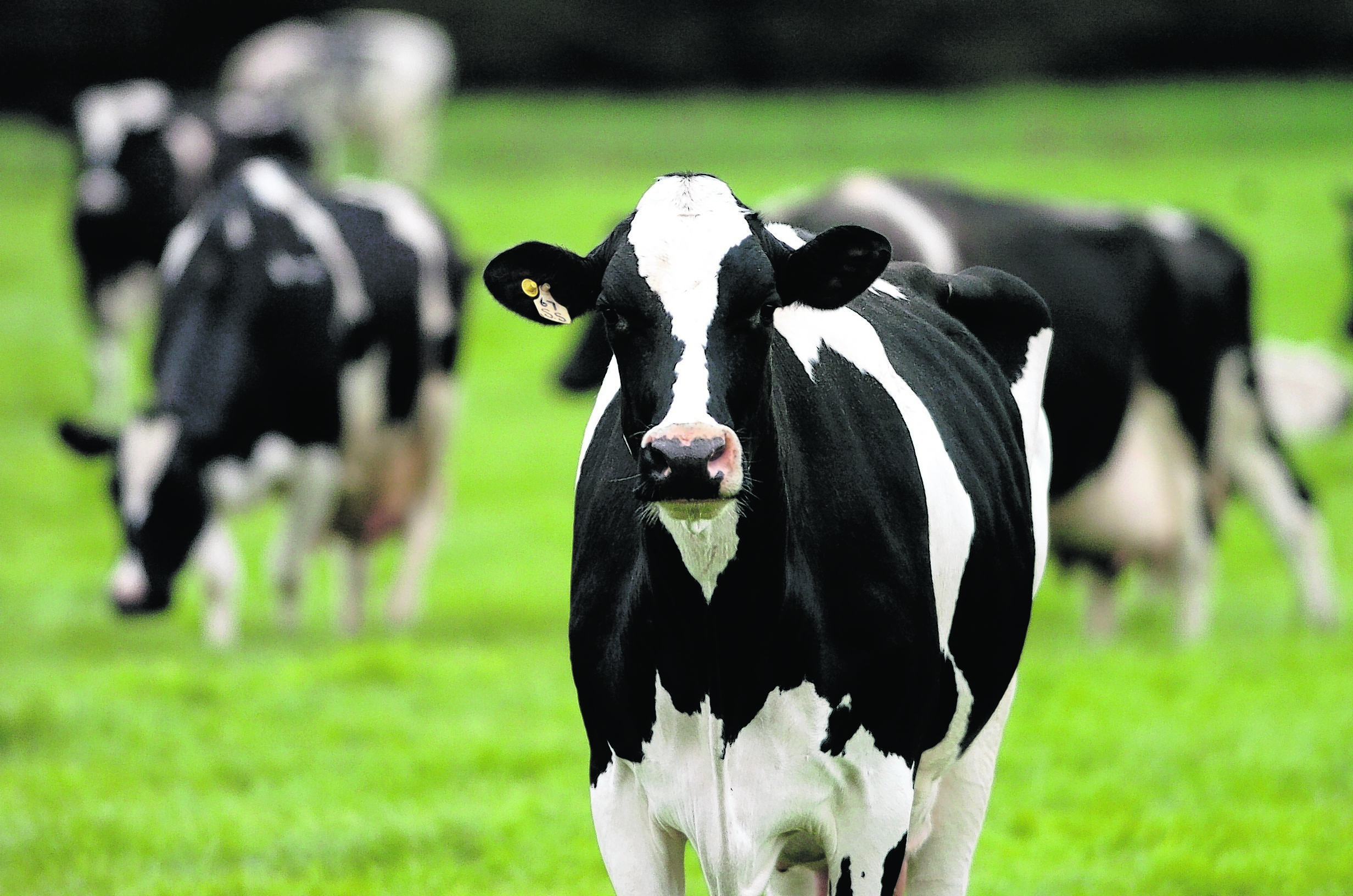Any period outside the European Union could have disastrous consequences for Scottish farming which relies heavily on income subsidies to stay afloat. The picture for fishing is far from clear, however, with the potential of being placed at the bottom of the pile in any membership negotiations. Tim Pauling reports
Many people complain that Europe has too much influence in British and Scottish affairs and are pressing for more autonomy for member states.
Regulations coming out of Brussels have a direct impact on how our agriculture and fishing sectors go about their business.
But Europe also pours billions of pounds into the economy, providing direct support to farmers and fishermen as well as structural funds designed to iron out the financial and social disparities between member states.
The prevailing mood north of the border is that Scotland must remain in Europe for trading opportunities and vital EC support.
Pro-union campaigners argue that, in the event of a Yes vote, Scotland will find itself outside Europe and then be forced into possibly years of limbo during complex negotiations.
The Scottish Government and independence supporters deny this, and claim EU membership can be negotiated within 18 months of September 18.
If the SNP is wrong, the implications could be huge. What will happen to farming income support and how will the fishing effort be regulated?
Independent agricultural consultant Peter Cook, of Inverurie, Aberdeenshire, said in 2013 the industry received £580million from the Common Agricultural Policy (CAP), representing around 70% of total farming income.
“Without CAP support, a large proportion of Scotland’s farms, especially beef units, would lose money,” the former head of rural business at the Scottish Agricultural College said.
“Their immediate reaction would be to slash expenditure with disastrous effects for suppliers of inputs like feed, seeds and machinery. As in any crisis, heavily borrowed businesses with weak balance sheets would be at most risk.”
David Siddle, a director of Andersons farm business consultants, said the message from the SNP was they would bankroll payments until there is an EU deal. A failure to do so could lead to “very significant problems”, he said.
The primary concern for the fishing industry is what the impact there would be if Scotland is not involved in the annual quota talks to divvy up how much each country is allowed to catch.
Aberdeen fish processor Andrew Charles sees no reason for a protracted settlement, but if there was and Scotland found itself outside the CFP it would help the fishing industry.
He added: “It would be fantastic news for the fishing industry if there was a protracted negotiation because it would benefit from increased resources and raw material.”
However, Plockton-based fishing consultant Tristan Southall said: “Prolonged negotiations, or the tearing up of existing agreements, would be in nobody’s interest and I do not believe there would be an appetite on either side of the negotiation to do so.
“The only possible but unlikely exceptions to this would be if fisheries became a bargaining chip in some wider negotiation or if either party sought to significantly renegotiate any terms of agreement, such as access rights, or division of catches of shared stocks.”
